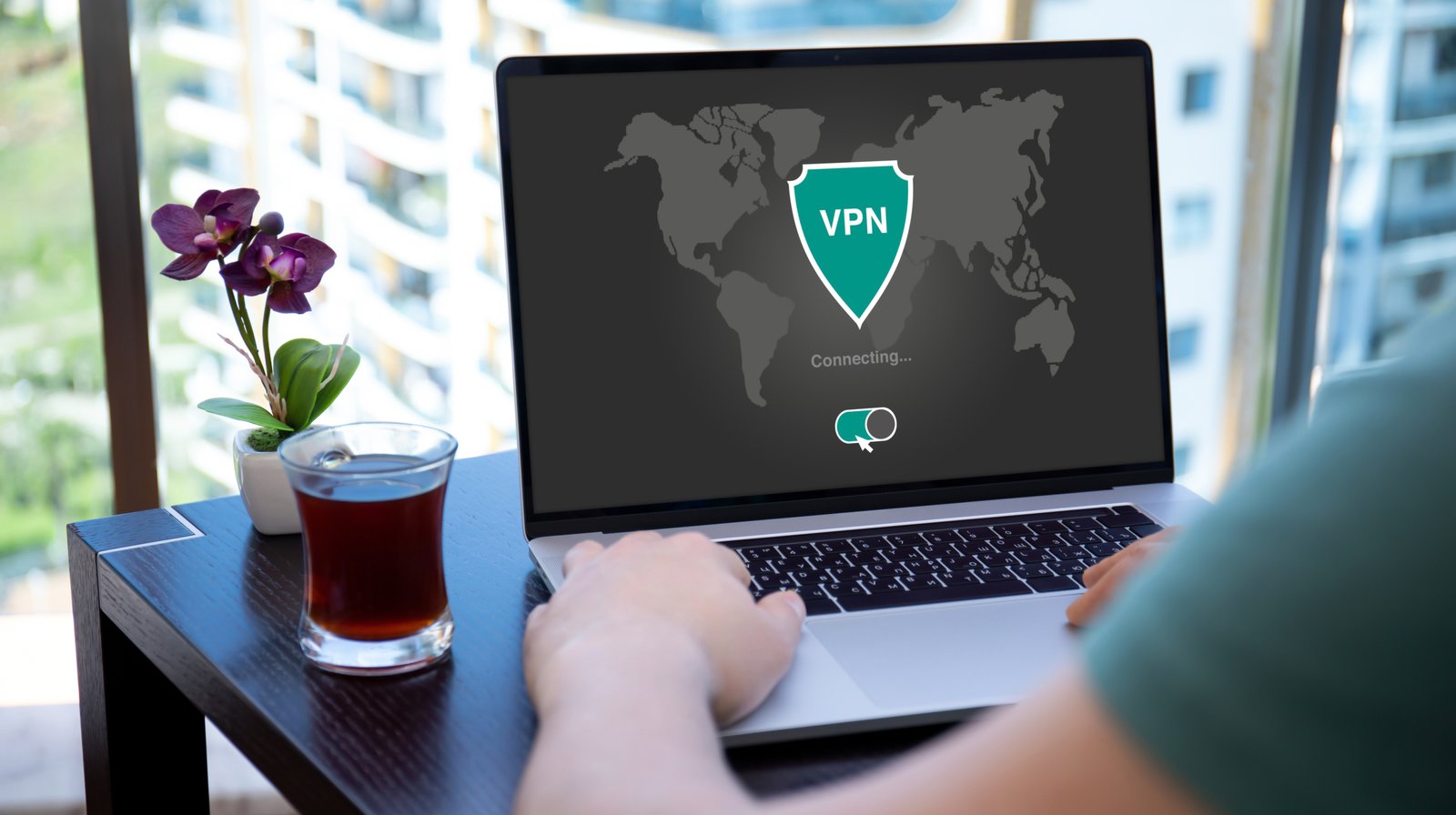VPN: What It Is, How It Works And What It Is For

In today’s digital age, online privacy and security have become paramount concerns. This is where the question arises “What is a VPN?” A VPN, or virtual private network, is an essential tool to protect our privacy online. But how does it work and what exactly is it for?
Table of Contents
Definition
Answering the question, “What is a VPN”, we can say that it is a technology that creates a secure and encrypted tunnel between your device and the server to which you connect on the Internet. Imagine that it is a secret tube that allows you to browse the Internet safely, protecting your personal information and browsing data from prying eyes.
How does a VPN work?
When you connect to a VPN, your device communicates with the VPN server , and the VPN server sends your information through that encrypted tunnel. This means that anyone trying to intercept that information will only see encrypted data.
For example, if you are in United Kingdom and connect to a VPN server in the United States, the websites you visit will think that you are browsing from the United States. This can be useful for accessing content that would otherwise be geographically restricted.
What is a VPN for: Advantages and benefits
Now that we have answered “what is a VPN” and how it works, let’s talk about what it is for. The main advantage of using a VPN is that it improves your online privacy and security. By encrypting your data, you prevent cybercriminals, your Internet Service Provider (ISP), and even the government from viewing your online activity.
Additionally, a VPN can be useful for:
- Bypass censorship and geo-restrictions: If content is blocked in your country, you can use a VPN to access it as if you were in a different location.
- Security on public WiFi networks: Public WiFi networks are notorious for their lack of security. With a VPN, you can protect your data even on these networks.
- Streaming and gaming: Some VPNs can help you avoid throttling from your ISP, improving streaming and gaming speeds.
Are all VPNs the same?
Although we have already defined “what a VPN is”, it is important to mention that not all VPNs are the same. There are free and paid VPNs, each with their own advantages and disadvantages. In general, paid VPNs tend to offer better speeds and greater security.
How to choose a VPN?
It is important to note that choosing a VPN should be done carefully. Some factors to consider include the VPN’s privacy policy, the number of servers it offers, connection speed, price, and whether or not it allows torrenting and streaming.
Keep your online activity secure with a VPN
In short, a VPN is a powerful tool that can significantly improve your online privacy and security. By understanding “what a VPN is,” how it works, and what it is for, you can make more informed decisions about how and when to use it.
The next time you’re on public Wi-Fi, remember that your data could be exposed. Or if you’re ever frustrated that you can’t access certain content due to geographic restrictions, remember that a VPN can be the solution. In today’s digital world, knowing “what a VPN is” is essential to protecting your online presence.
Also Read: What To Take Into Account Before Hiring A Hosting Service
The VPN and the future of online privacy
Online privacy and security will continue to be important issues for the foreseeable future. As online threats become more sophisticated, so do the solutions to combat them. So, now that you know what a VPN is, it’s time to take steps to protect your privacy and security online.
The VPN is not the only tool at your disposal, but it is undoubtedly one of the most powerful. And as the digital landscape continues to evolve, VPNs are likely to evolve as well to continue offering robust online security and privacy. Therefore, staying up to date with “what a VPN is” and how it can benefit you is more important than ever.
